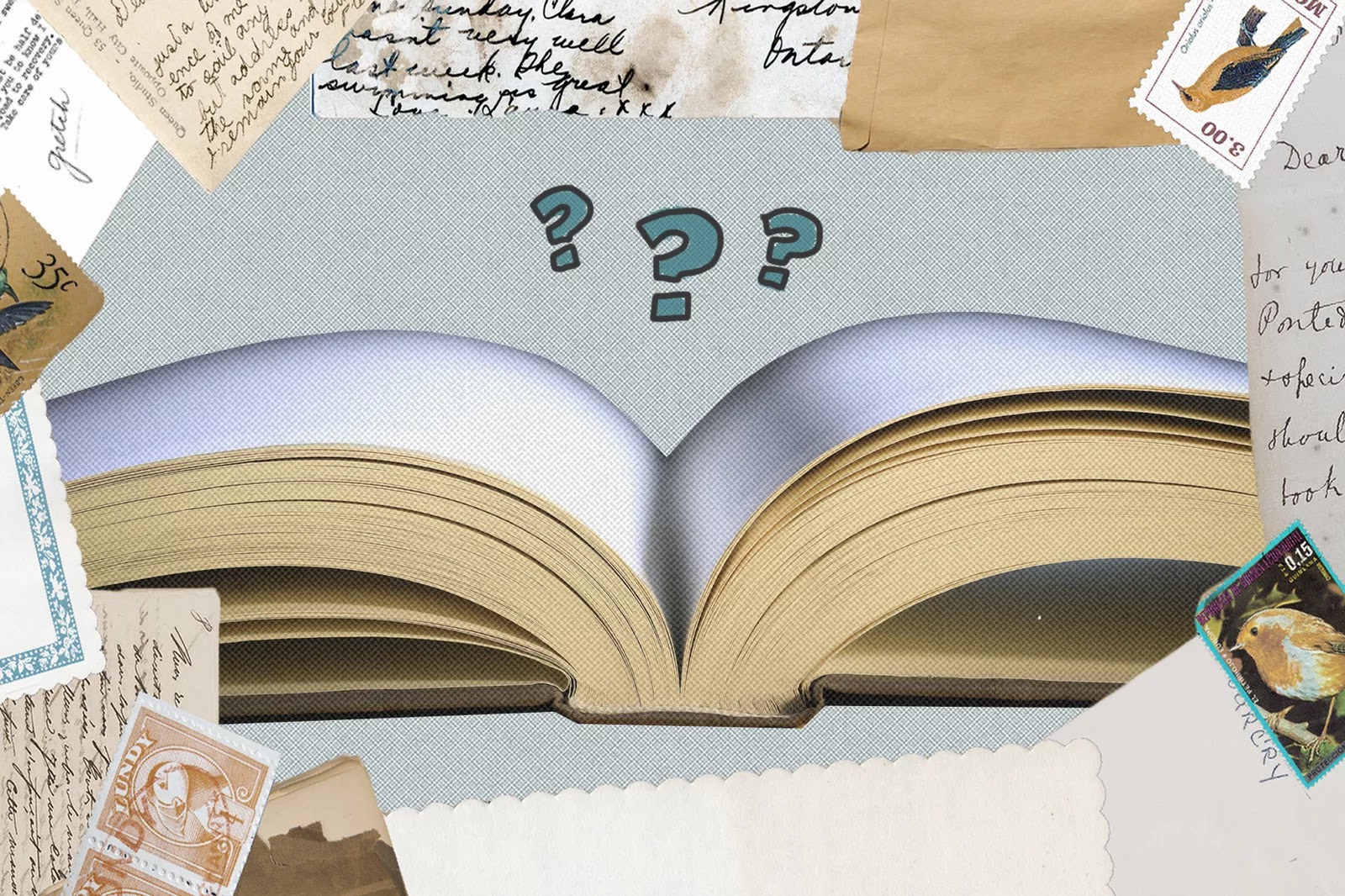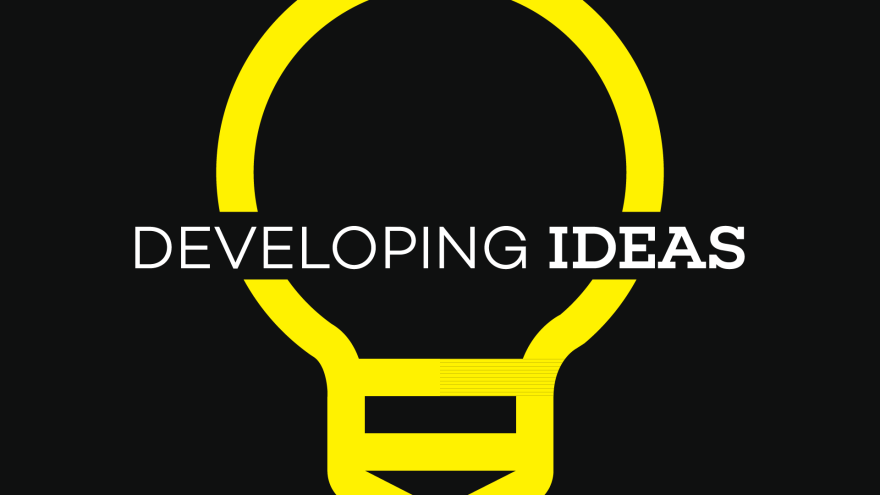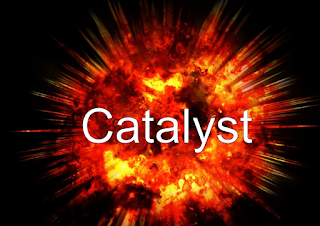As I reflect on 2022 as a year I look back to see many positive, many Challenges and many possible next steps forward for myself as a teacher and the learners I teach. While Literacy as not been an inquiry focus for me this year I realise that critical and collaborative literacy are areas that has not been as central to my practice as I would like.
What achievement challenge are you considering as an area of focus in 2023 and why? Include in your WHY both evidence and your own passion/expertise? As a result I would like to focus again on Achievement Challenge 3: Lift the achievement in Reading for all students, with a particular focus on boys and Māori students (both genders) years 1-13 with a specific focus on critical literacy and collaboration.
While I have many able reader in my class this year the area in which they struggled most has been making connections between text, connecting what they read to their own experiences and asking questions about the author and reliability of the texts they read. This was reflected in group discussions.
I am passion about this as I know that being inquisitive, critical, collaborative and thoughtful helps children to create and share in a way that is meaningful for them and help them to build a strong understand of the world around them.
What learnings from the 2017 - 2022 CoL teacher inquiries have informed or inspired your thinking.
There have been so many wonderful inquires into the area of reading and within the cluster there are many amazing resources.
Two inquiry on Robyns inspired me and provide a great spring board. In 2019 she looked into comprehension strategies in reading and this year the enjoyment of reading. Another inquiry that has influenced my thinking has been Hannah West inquiry looking the at impact of vocabulary last year. This connected closely to my own inquiry in 2020 and we both found that vocabulary played a huge role in literacy achievement. This year Jo Gormly inquiry around vocabulary was also inspiring for me. It puts into perspective the ideas that teachers have a responsibility to gift model and support the language they expect from learner, Which I believe could be a key fact in forming the collaborative and critical in the classroom and way of engaging with each other.
How would your work support Manaiakalani pedagogy and kaupapa?
There ware many ways this focus would connect and support the Manaiakalani pedagogy:
- It reflects the values of learn, create and share.
- It connects to the valued reading practices that a known to get shift for learners.
- Skills for learning that are transferable across the curriculum.
- Collaboration
- Most of all it focus on supporting connected and empowered learners.
Which elements of the extensive Manaiakalani research findings inform or challenge you as you think about this?
This is support by the research from Manaiaklani surveys around reading and high leverage practices. Both Collaboration and critical thinking are points that have regularly been discussed drawing on Manaiakalani research but also wider research. Some examples of this research are:
How would you like to be supported in 2023 as you undertake this inquiry?
In 2023 I would like to connect more in my inquiry. It has been great being back together this year and having the time to talk and discuss. In 2023 I would like to actively collaborate in the creation of tools to access progress and interventions with others who have a similar interests and whose learners have similar needs.
I also great value and will continue to rely on the many experts in the Manaiakalni team.
How would you plan to support your colleagues in your school with THEIR inquiries and/or teaching in the area you are exploring?
I and I feel anyone who know me would agree love to share and discuss. I think this is the way in which I will most benefit and support others in my inquires in 2023. I also love to listen to others ideas and have in my years in as a CoL leader heard many ideas of others and pointed people to research, blogs or other teacher who might support them.



















